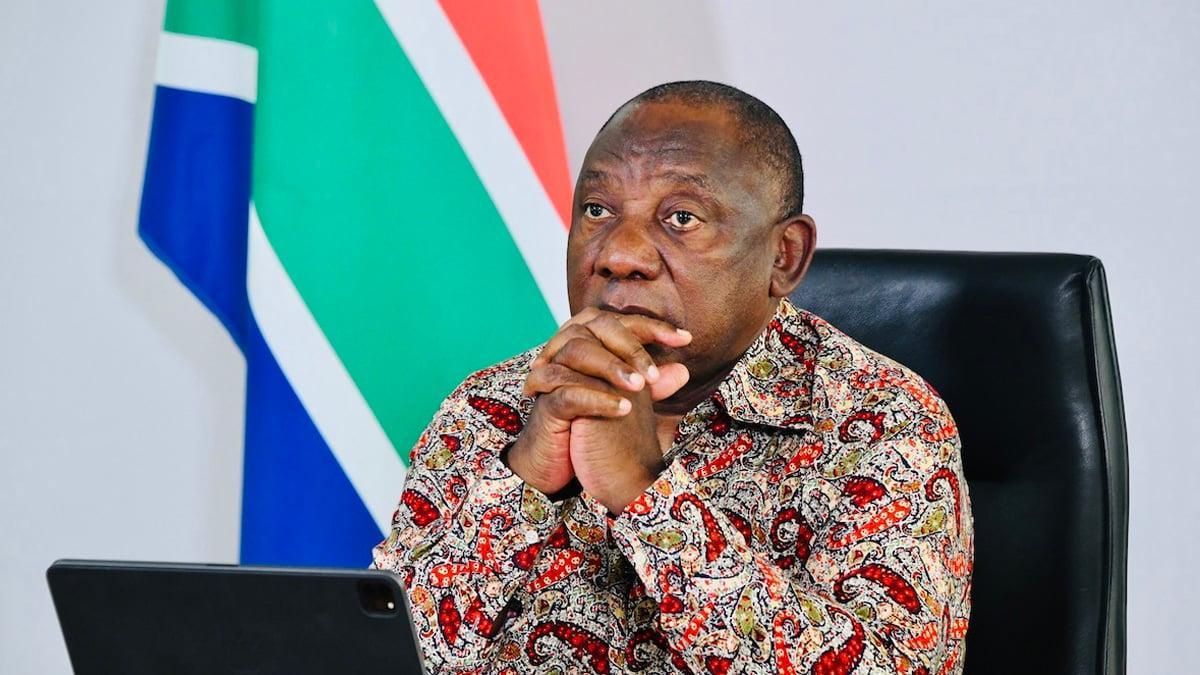Africa-Press – South-Africa. The ongoing revelations of widespread corruption in South Africa’s law enforcement agencies may result in the country remaining on the Financial Action Task Force’s (FATF) “grey list”.
This could extend South Africa’s stay on the list, with the country being subject to increased monitoring by FATF to comply with global anti-money laundering and terrorism financing practices.
More importantly, it damages the country’s reputation as a safe investment destination and scares off some investment in the country.
South Africa has made tremendous progress in addressing FATF’s concerns, with the National Treasury rectifying all areas of concern. This means the country is set to be removed from the list in the near future.
However, Stanlib chief economist Kevin Lings pointed out that the revelations of widespread corruption in the country’s law enforcement agencies may threaten this.
Speaking on his Weekly Focus podcast, Lings said the grey list decision from FATF is the most important event in South Africa’s immediate future apart from the Medium-Term Budget Policy Statement.
Lings explained that South Africa’s removal from the list appeared to be a sure thing, with FATF saying the country has substantially completed all that was required to be addressed.
FATF has also conducted a site visit, which the National Treasury said went well. The international organisation is set to meet on the 24th of October to decide South Africa’s fate.
“Now that all sounds fine except that subsequently we have had the start of the commission of inquiry into some of the police issues in South Africa,” Lings said.
“That has revealed a whole lot of other additional corruption issues and maladministration issues. So, there is a legitimate question mark around us being removed from the grey list.”
Lings said the revelations at the ongoing Madlanga Commission have been severe in terms of the extent of the maladministration and corruption that has been occurring.
“Potentially, the FATF takes that into account and decides to keep us on the grey list. There are renewed questions being asked around South Africa’s removal from the grey list that are worth exploring,” Lings said.
Wait and see
Stanlib chief economist Kevin Lings
FATF may adopt a wait-and-see approach to South Africa’s grey list status due to the Madlanga Commission, with it wanting to see if the country will prosecute anyone following it.
This is one of the weakest points of South Africa’s anti-money laundering and terrorism financing regime, with it failing to successfully prosecute corrupt individuals and organisations.
“There is some risk here that they look at the commission and the information that is coming out of that, and they say, ‘Let’s hold off on this. Let’s wait and see what develops’,” Lings said.
Crucially, FATF will want to see what the authorities in South Africa are doing about it and whether any action will be taken against those named in it.
“It does not mean that you have to solve every single money laundering case and every single state capture case. That is unrealistic,” Lings said.
“But, they clearly want to know that you are making progress in that direction. So, we would have to assure those authorities that whatever is uncovered, action will be taken.”
In effect, this commission cannot end like the Zondo Commission, with an extensive report that goes nowhere and leads to no action.
Lings said that while an extended stay on the grey list will have a negative impact on the local economy, it is impossible to say just how severe it would be.
“It is impossible to say in value terms or in economic growth terms what the impact is of being on the grey list,” Lings said.
“What we do know is that it has added a significant layer of cost to doing business, particularly internationally.”
South Africa is a relatively small, very open economy which makes it particularly vulnerable to external elements that impact trade or financial flows across borders.
Being on the grey list adds friction to the import and export of goods and, more specifically, on financial flows into and out of the country.
“Over 50% of South Africa’s GDP is imported or exported. All of those transactions required a higher level of administration,” Lings said.
“Companies had to submit more paperwork, wait a lot longer and that costs significantly more. So, it added a meaningful layer of cost and forced banks to devote more resources to ensure they were compliant with grey list requirements.”
“I have no doubt that if you look at the growth rate since 2023, where it has been very depressed, the grey list contributed to that.”
For More News And Analysis About South-Africa Follow Africa-Press






